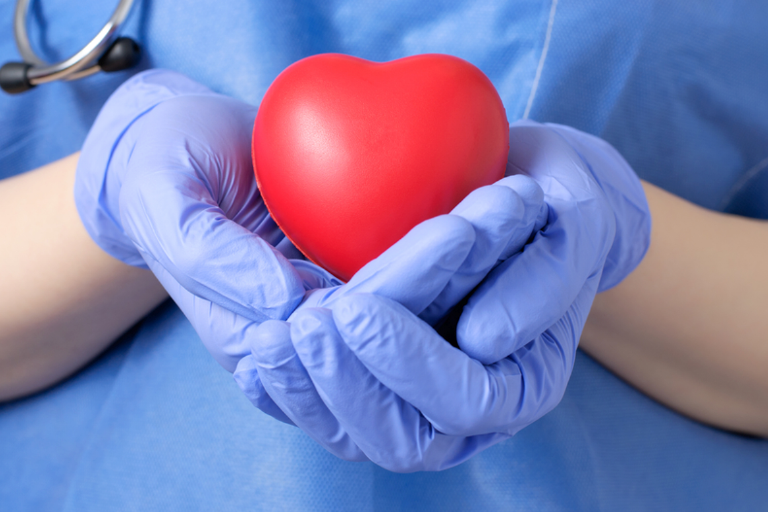It’s easy to be scared by anything unusual happening with your heart. Ideally, you’d like it to just keep up its normal rhythm while you go on about your life thinking of other things. However, if you have heart palpitations from time to time, they may grab your attention and give you cause for concern.
So, should you be worried? Are occasional heart palpitations a sign of trouble, or just a normal part of human life? Let’s take a closer look in this post.
What are Heart Palpitations?
If you feel like something unusual is going on with your heart for a moment, you might be experiencing a palpitation. Some of the common explanations for how a palpitation feels include skipping beats, pounding, beating too fast, fluttering, and more. Normally, you’ll have this sensation for just a moment or two, and then it will pass. Heart palpitations are not associated with pain or any other serious side effects other than a momentarily unusual sensation.
Is There a Cause?
It’s natural to want to know why this is happening in your body. Most likely, you’ll never know exactly, although you might be able to notice a pattern of when you get palpitations based on what is going on in your life. Some of the commonly cited causes that seem to bring on palpitations are challenging exercise, fever, depression, stress, pregnancy, and others. As long as your heart palpitations are relatively infrequent and aren’t causing any other issues, it might not be necessary to determine their cause.
When It Gets Serious
As you might imagine, you need to pay close attention when something is different about the way your heart is operating. There is a good chance that your heart palpitations are nothing to worry about, but that isn’t always the case. So, if there are signs that these may be more serious, you’ll want to seek medical attention right away.
Pain or discomfort is a major warning sign that you need to get help. It is important that you don’t delay on this point when you start to experience pain in your chest. Don’t sit around waiting to decide if it is serious enough to seek attention – just go and have a medical professional decide how to proceed. Waiting to see if the pain will subside on its own can be a life-threatening decision if the pain you are feeling is indicative of a heart attack.
There are other warning signs aside from pain that you need to take seriously. Those can include the following –
- Shortness of breath. If you are having trouble catching your breath for no apparent reason, that may be a sign that you are experiencing more than just harmless heart palpitations.
- Again, standard palpitations with no reason for underlying concern would not be expected to cause dizziness. If you are dizzy and don’t know why, see a doctor for help.
- This is a more dramatic symptom and is a sure sign that you’ll want to seek medical attention.
A Closer Look
As we have stated, heart palpitations won’t be anything to worry about for most people. In some cases, when it seems that there may be an underlying cause to be considered, your doctor may want to take a closer look. There are a variety of options available to get a better look at what is going on with your heart, including electrocardiogram, Holter monitoring, echocardiogram, and more. If these tests reveal that there is something more serious underlying your palpitations, a treatment plan can be created to deal with that issue.
Make Your Appointment
To get started working with Beverly Hills Cardiovascular on your heart health, the first step is to give us a call to schedule an appointment. We offer a wide range of services, including echocardiography, CT coronary angiogram, electrocardiogram, and more. Dr. David Filsoof and his team would be happy to serve you and address any concerns you may have. Thank you for visiting!
